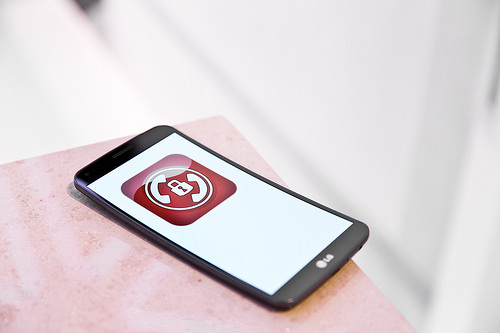Smartphone security is a big deal mainly because smartphones have become such an important part of our lives. People trust their smartphones with a lot of things: to store their emails, contact lists and address information, private office documents, financial details and so on. With all these, no one wants the extra burden of worrying about their smartphone’s susceptibility to security breaches. But the thing is, you really have to worry about it.
In an October 2015 interview with BBC’s Panorama, Edward Snowden said that the UK intelligence agency GCHQ “could gain access to a handset by sending it an encrypted text message and use it for such things as taking pictures and listening in.” The UK government did not respond to Snowden’s claim. Who knows what the silence really means?
Shrugs.
But all hope is not lost. Steve Lord, a white-hat hacker (hackers who use their powers for good), was interviewed by What Mobile. Steve has ten years’ worth of experience in information security.
During the interview, he offered some insights into smartphone security that I’d like to share with you.
On which OS has the safest ecosystem
“All have benefits and drawbacks. Currently, Windows Phone seems to be the hardest nut to crack. Blackberry has a long history of being very security-focused. If I have physical access to the device, I find Android’s usually the easiest target. Then comes iPhone, then older versions of BlackBerry. If it’s over a network or I have to attack via email or message, Android’s usually the softest target.”
So this means that Windows OS is the safest, then BlackBerry 10 OS, then iOS, then older BlackBerry OS, and finally, Android.
On keeping your personal data more secure
“Make sure your phone has the latest updates. Don’t put anything on it you wouldn’t want to see all over the Internet. Don’t jailbreak or root your phone. Never install apps from outside of your phone’s app store.”
On the security of older smartphones
“Older smartphones tend be considered less secure as they’re usually affected by known weaknesses. If you’re using an older phone you’re better off with a classic dumb phone. If you have to have an older smartphone, use an older BB10-based Blackberry, or a Windows Phone running Windows Phone 8 or newer.”
On apps that render smartphones insecure
“[There are] lots of apps that do bad things with permissions. The worst offenders are things like Facebook and Facebook Messenger. Most apps need to access certain things like your photos to allow you to share pictures. But some apps just seem to want to hoover up data and send it back to the mothership.”
Take Steve’s advice and be more careful with the data on your smartphone.
Photo Credit: Vodafone Germany Corporate Communications via Compfight cc





















